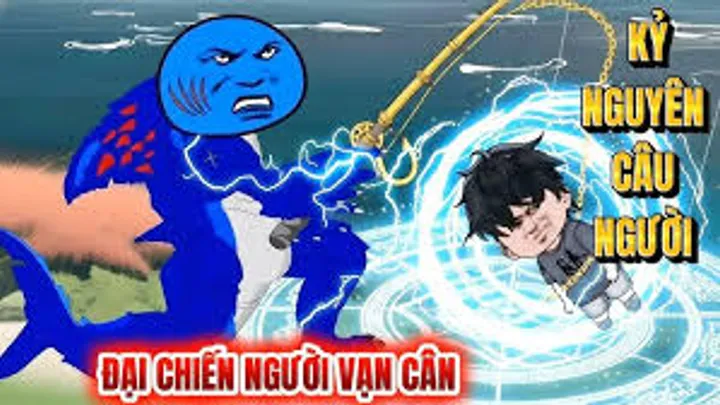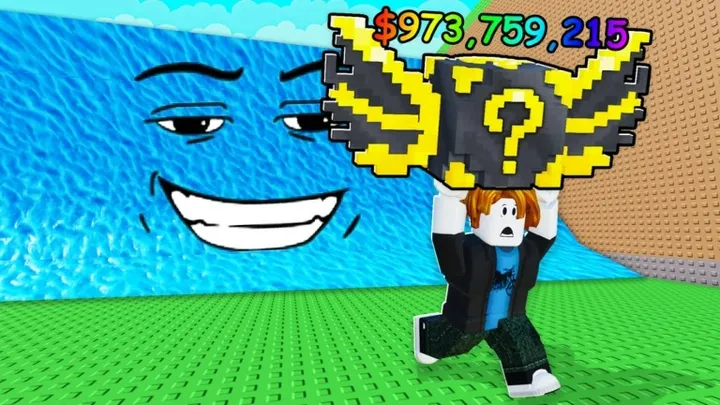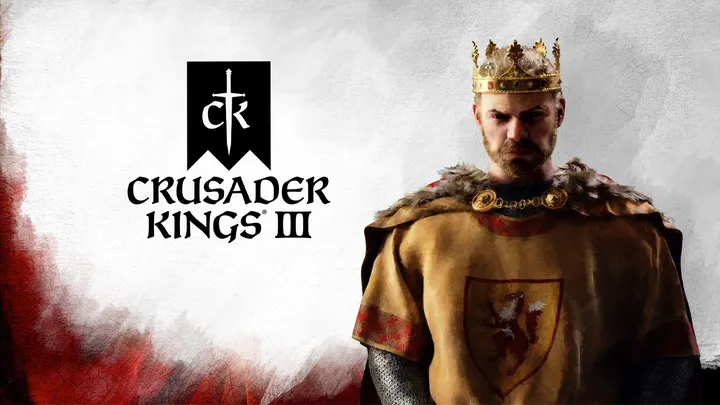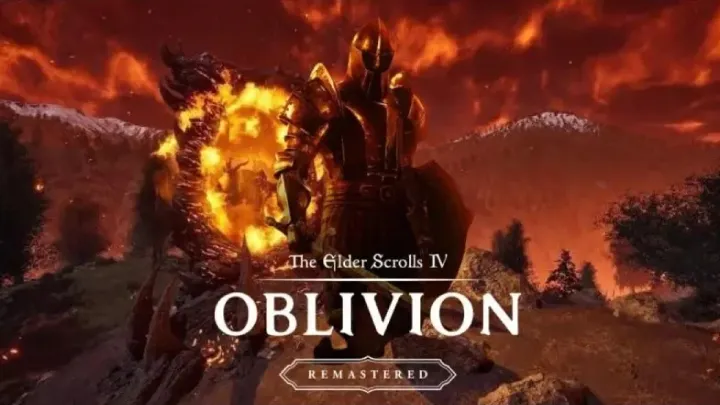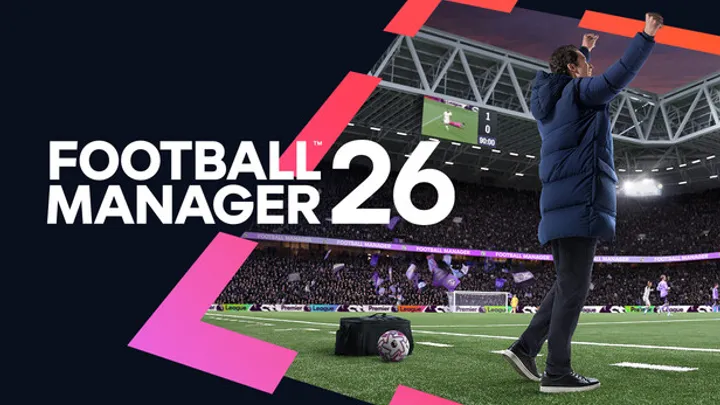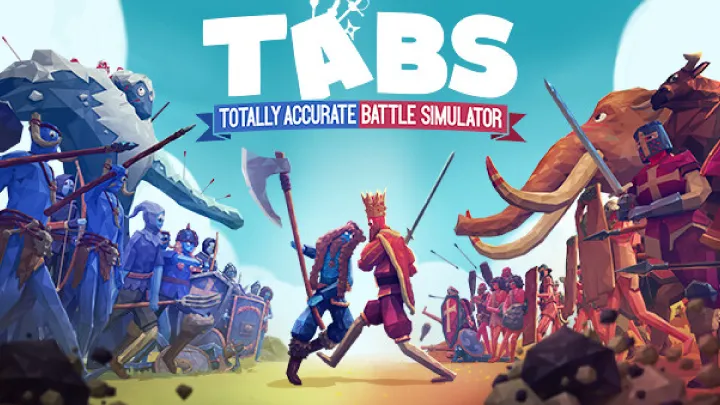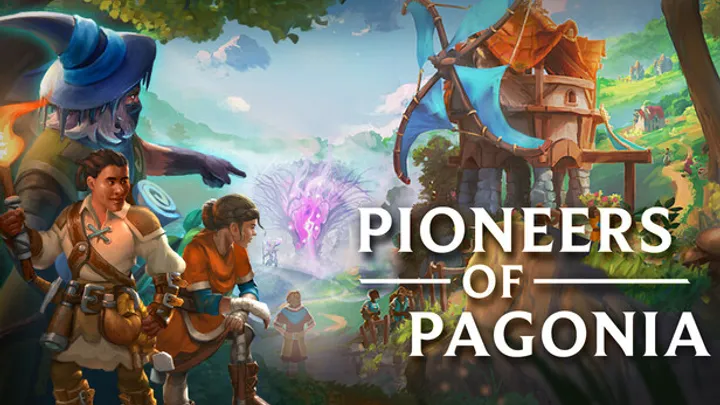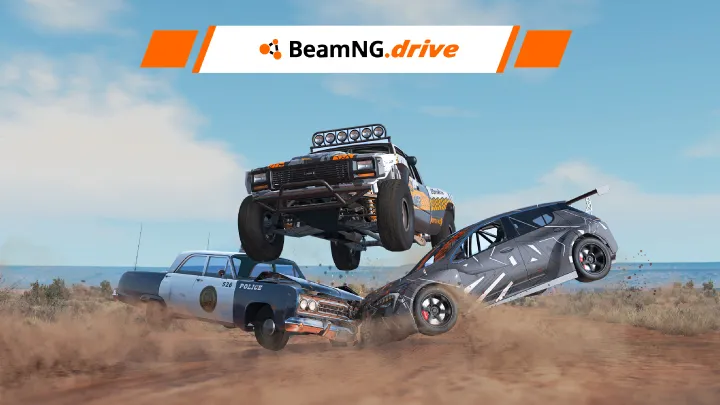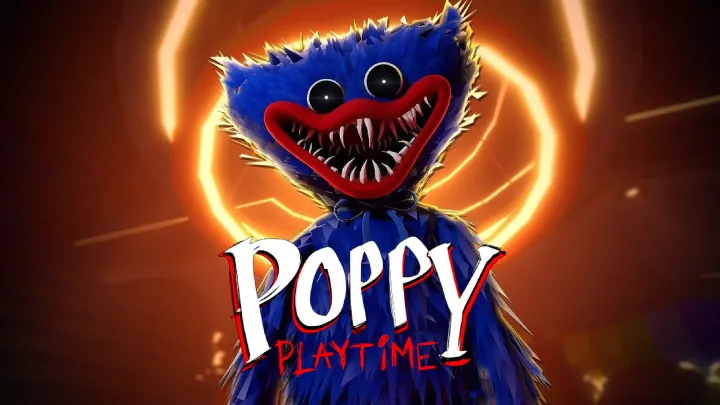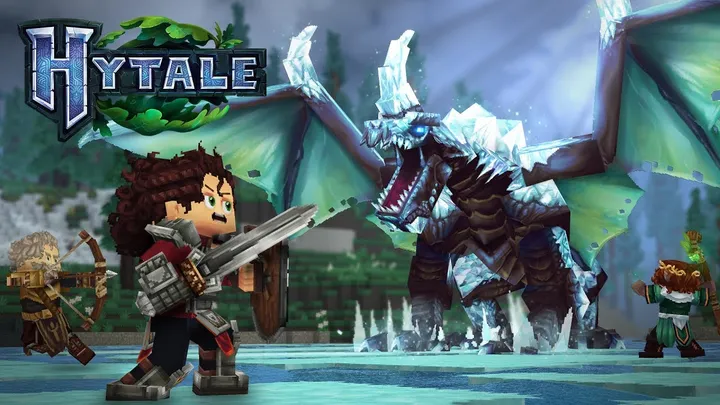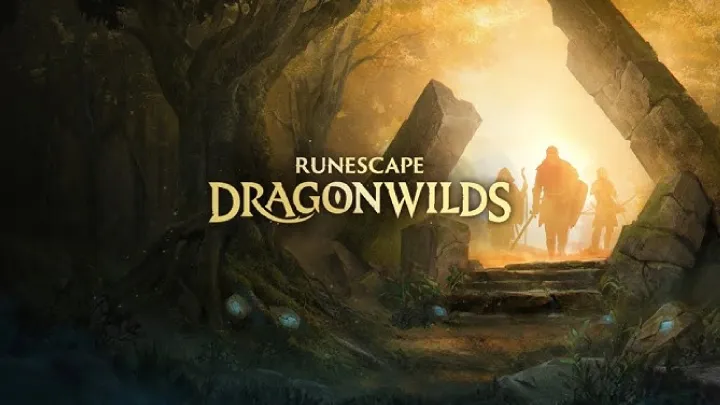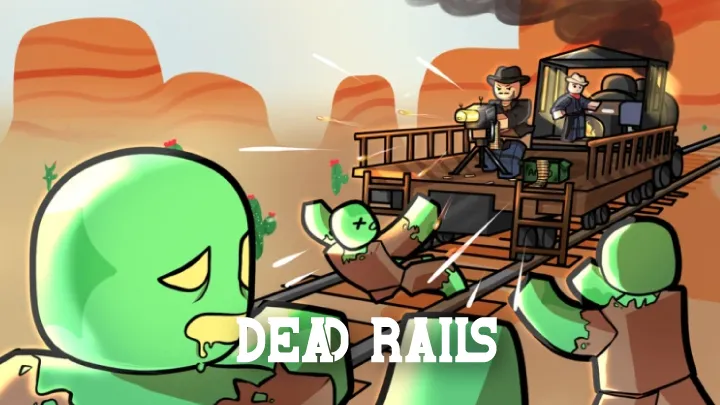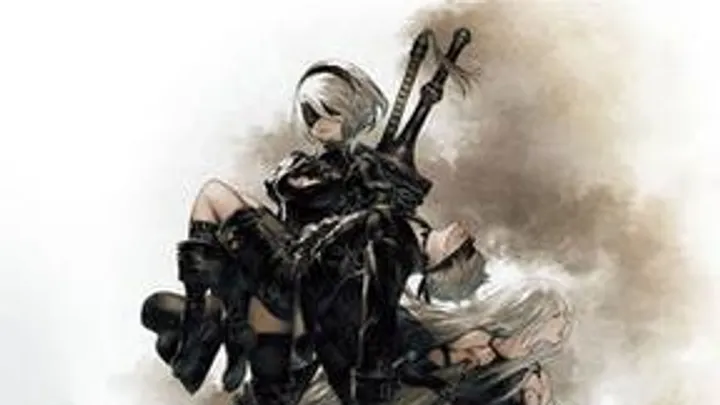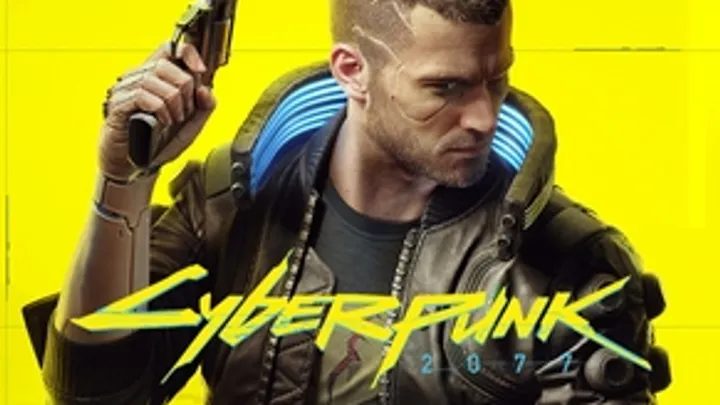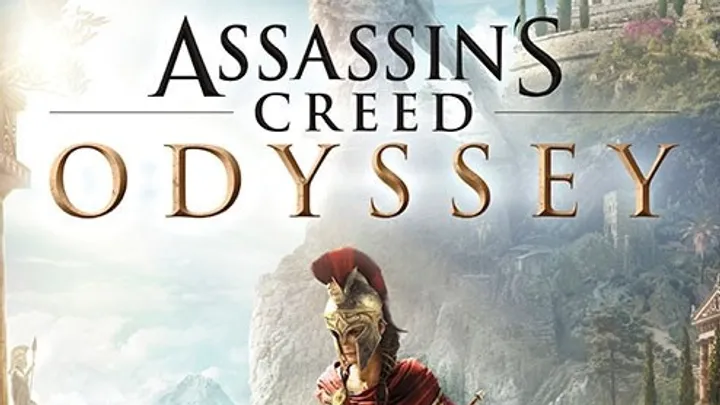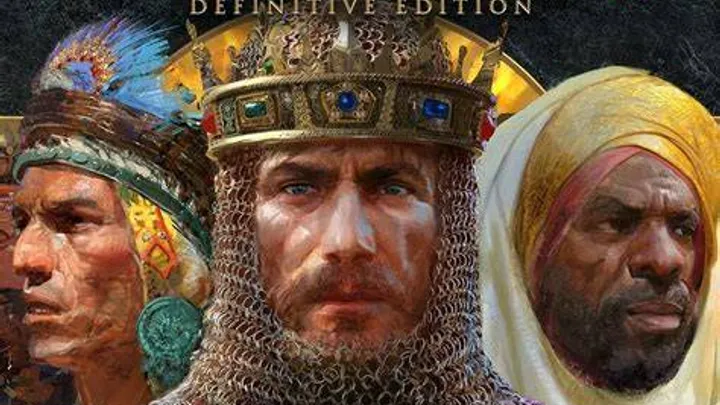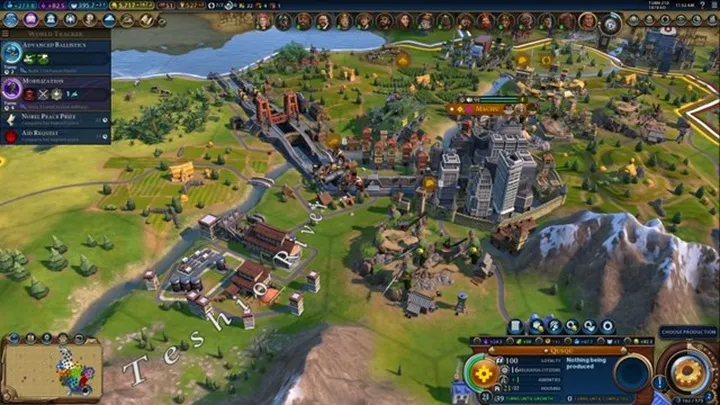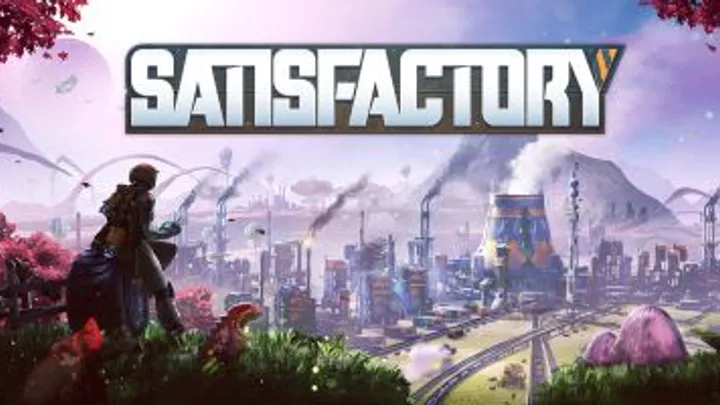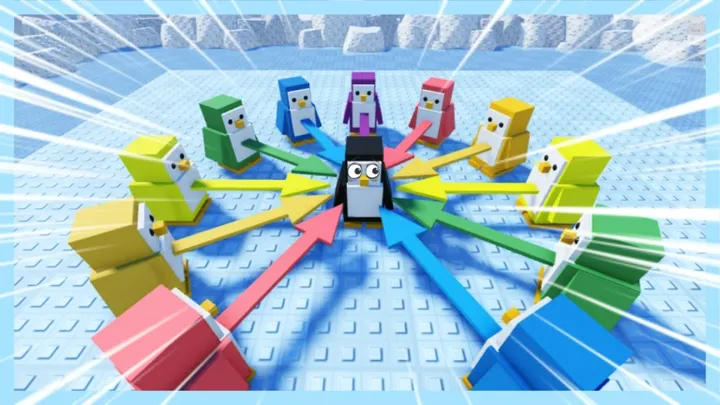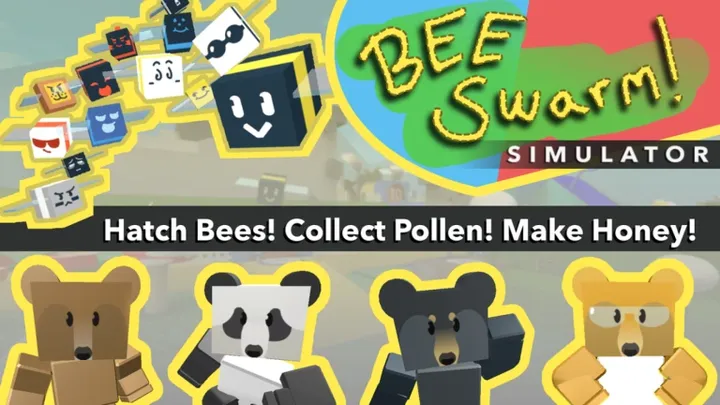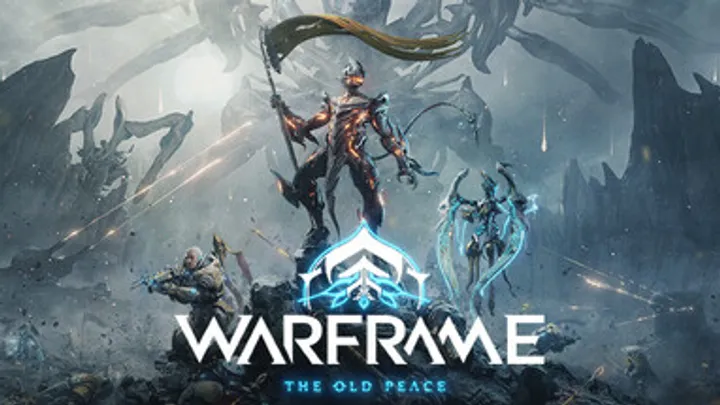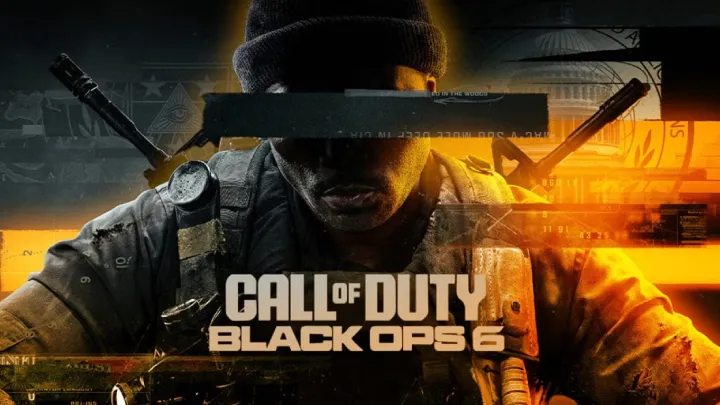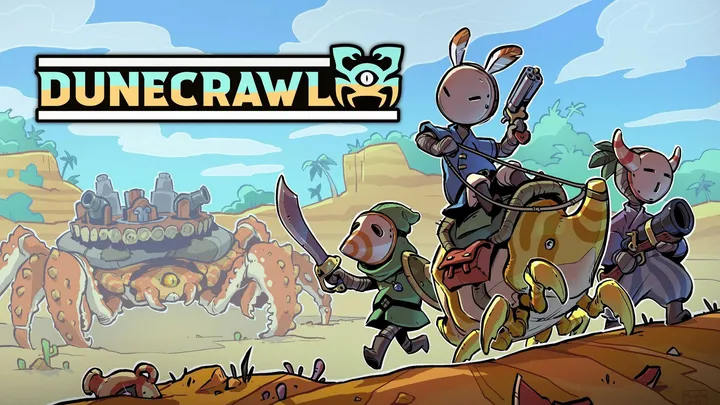Introduction
Mecha Break, developed and published by Amazing Seasun Games, launched on July 1, 2025, for PlayStation 5, Xbox Series X|S, and PC, marking a bold entry into the free-to-play mech-based hero shooter genre. This third-person multiplayer game pits players against each other as pilots controlling customizable mechs, or Strikers, across diverse battlefields. Available at no upfront cost with optional microtransactions ranging from $4.99 to $49.99 for cosmetic bundles or premium units, it gained traction through its anime-inspired visuals and fast-paced combat, showcased in pre-release betas. Early feedback highlighted its mech variety and strategic depth, though concerns about monetization and balance surfaced. This review delves into its narrative, world, gameplay, and technical execution to evaluate its place in the competitive gaming landscape.
Narrative & Storytelling
Mecha Break constructs its narrative through a minimal yet evocative framework, centered on a post-apocalyptic world where the mineral Corite drives humanity’s recovery and conflict. Players assume the role of pilots within the S.H.A.D.O.W. organization, with the story unfolding through mission briefings, pilot banter, and environmental lore like ruined bases or Corite deposits. The narrative arc focuses on survival and dominance, with events like the PyroGenesis mission adding thematic layers, such as securing resources or outlasting rivals. These moments foster a sense of epic struggle and team synergy, from clutch victories to heroic sacrifices.
However, the lack of a deep single-player campaign might leave some wanting a richer plot, as the experience hinges on emergent narratives—team strategies, personal rivalries, or mid-battle heroics—that vary with each match. The storytelling excels in its action-driven focus and mech pilot identity, though its depth relies on the player’s engagement with the competitive scene, making it a thrilling arena for those who thrive on multiplayer chaos.
World & Environments
The world of Mecha Break spans a variety of battlefields, from industrial wastelands to aerial arenas, rendered with a sleek, futuristic aesthetic. The environments evolve with maps—crumbling cities, floating platforms, or extraction zones—enhanced by interactive elements like destructible cover and dynamic weather, creating a tactical backdrop. Sound design, with mech thrusters, explosive impacts, and pilot comms, builds an immersive atmosphere, while lighting effects like neon glows or dust storms add strategic variety.
Yet, the focus on compact maps might limit environmental exploration over time, as the emphasis remains on combat arenas rather than expansive worlds. The design prioritizes a mech-centric battlefield, which could feel restrictive for players seeking broader landscapes. Community feedback celebrates the map diversity and atmospheric intensity, though some note the lack of open areas, suggesting a world that thrives in action but may benefit from expanded scope to enhance variety.
Gameplay Mechanics
Core Loop
The core loop revolves around match-based combat and objective completion, where players strategize within 15-20 minute sessions, offering a fast-paced rhythm. The cycle of mech selection, skill deployment, and objective control drives a compelling flow, encouraging quick decision-making.
On-Field Mechanics
The gameplay hinges on a hero shooter system, where players control Strikers with unique abilities—energy swords, missile barrages, or healing fields—adding strategic depth to outmaneuver opponents. Aerial maneuvers and ground dashes introduce variety, though balance issues with ability cooldowns can disrupt flow. The mechanics reward skill and coordination, demanding mastery to excel in their intense dynamics.
Mode-Specific Features
The primary modes include Operation Verge (6v6), Ace Arena (3v3), and Operation Storm (PvPvE), with objectives like capturing points or extracting loot providing goals. Customization options like paint jobs and mods add variety, while the Corite currency system offers progression perks, introducing depth. The range of activities caters to different playstyles, but balance adjustments for mode difficulty and reward distribution lag, a point raised in early feedback.
Progression & Multiplayer
Progression includes earning Corite, unlocking Strikers, and climbing ranks, balancing grind with cosmetic and functional rewards in a system that feels rewarding based on initial play. The game supports multiplayer through team-based matches and leaderboards, with real-time voice and text chat, though the lack of custom lobbies limits flexibility. The progression and multiplayer elements deliver a robust competitive experience, requiring refinement to enhance fairness.
Technical Execution
Mecha Break delivers a visually striking experience with its detailed mech designs, vibrant effects, and dynamic environments, optimized for next-gen consoles but playable on PC with adjustments. Post-launch updates have addressed stability, but occasional lag during peak matches persists. Audio impresses with a pulsing soundtrack and mech sounds, though repetitive voice lines can detract over long sessions.
Controls are responsive with precise analog and button inputs, offering a natural feel across controllers, though the lack of advanced customization limits versatility. Ongoing updates are refining core systems, but initial technical hiccups like matchmaking delays suggest continued optimization is needed. The execution supports the competitive focus, with visuals and audio as strengths amid polish challenges.
Community Feedback
Mecha Break has cultivated an enthusiastic community, with early praise for its mech variety, fast-paced action, and event diversity, though concerns about monetization, balance, and performance surface from player discussions. Excitement for new Strikers and team play is widespread, but frustration with microtransaction costs and matchmaking issues persists. Community feedback drives development, sustaining interest, and player retention remains strong, fueled by the game’s competitive appeal.
Criticism centers on monetization fairness and technical stability, with players noting high cosmetic prices and a desire for better matchmaking, alongside debates over pay-to-win elements. The community’s active input shapes updates, reflecting a group eager to see the game evolve into a balanced mech shooter experience.
Final Verdict
Mecha Break delivers a thrilling hero shooter with its fast-paced combat and mech diversity, celebrating the joy of piloted warfare. Its dynamic arenas and team synergy shine, though monetization and technical issues pose challenges. It’s a must-play for competitive fans, with patience required as updates refine the experience.













































